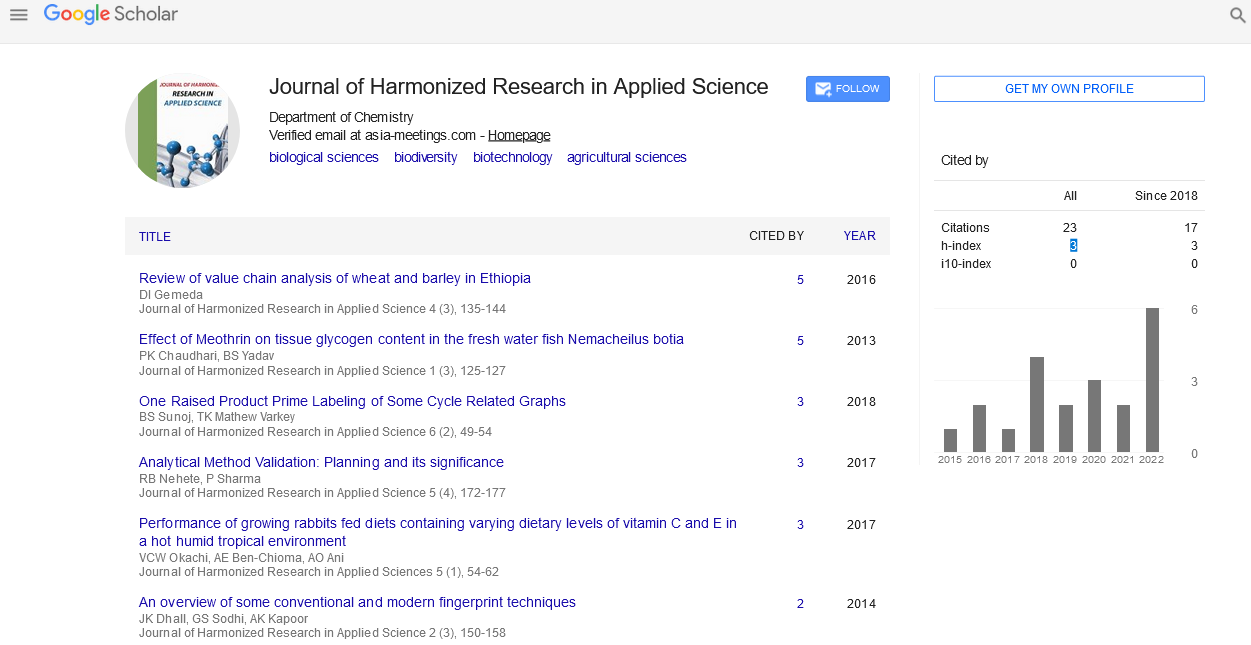FEMINISE VISION IN ALICE WALKER?S NOVEL
Abstract
Author(s): Dr. Felix Nayak
The last two decades have seen the flowering of the talent of the Afro-African women writers as has no other period in history. In fact, there always has been a tradition of women writers among the b lacks going back to 1787, when the first slave narrative by a woman was published in the United States. Phillies Wheatley, Lucy Terry and Harriet E Wilson are names who have continued this tradition but despite their existence, acknowledged women writers have been few and far between. The body of work by these women writers gives ample evidence of the fact that these women writers have shown concerns regarding their rightful place in the existing order of thing Alice Walker (1944) belongs to the Afro-American women writers’ fraternity. In her fictional work we can see Walker’s commitment to healing the individual and the community. Walker theories the concept of womanism. Her first two novels ‘The Third Life of George Copland’ and ‘Meridian’ articulate Walker’s womanist’s concerns. In ‘The Third life of George Copland’ and ‘Meridian’, she deals with the theme of female genital mutilation as practised in Africa. In Meridian, Walker projects the character of the protagonist Meridian Hill as a revolutionary and a civil rights activist who rejects motherhood to fulfill a greater social need i.e. to serve the community and the children who have lost their parents in the civil rights agitation across America. However, Walker became a celebrity with her third novel “The Color Purple (1982)”. ‘The Color Purple’ is the story of Celia narrated through letters to God and some to her sister. Walker’s genius as a writer becomes evident in the manner in which she uses a simple narrative technique to document a large number of themes – from the condition of black women in America to their position in their families, their relationships to the men to name a few of them. However, Walker is chiefly admired by her critics for the way in which she develops the character of Celia – from an abused to a woman who is confident of her sexual identity and resists domination to become a successful entrepreneur and breadwinner of her family. Also, Walker recreates the rhythms of southern small town existence accurately and the characters bring out the flavor of the black community as each of them struggle to find ways of self-expression and create their own spaces of survival. Attempting to define the characteristics of Blacks, Toni Morrison observes, “There are things that I tried to incorporate in my fiction that are directly and deliberately related to what is regarded as the major characteristics of Blacks. One of which is the ability to be both print and oral literature to combine those two aspects so that the stories can be real in silence of course, but one should be able to hear them as well”. Before initiating the study of the female articulation discussed in the novels of Alice Walker, one should know the precise meaning of the term “articulation” itself. In a general sense female articulation means giving expression to one’s feelings and thoughts without fear and reservations. It means being confident, enterprising, ambitious and individualistic. Woman, who demands attentions, equality and harmony, not on compromising terms but on terms at par with man-even asserting herself for her rights, should the exigencies of the situation so demand. Alice Walker does not literally claim to be a feminist writer but traces of feminism can be easily seen in her fiction. Women characters created by her have no doubt different backgrounds and cultures and different set of problems confronting them but one basic thing that one notices in her work is the writer’s plea for equal treatment for women in society. Women protagonists in the works of Alice Walker struggle for their rightful place in society, doing away with all kinds of patriarchal oppression resulting in sexual assault and treating women as second rate citizens. Alice Walke










